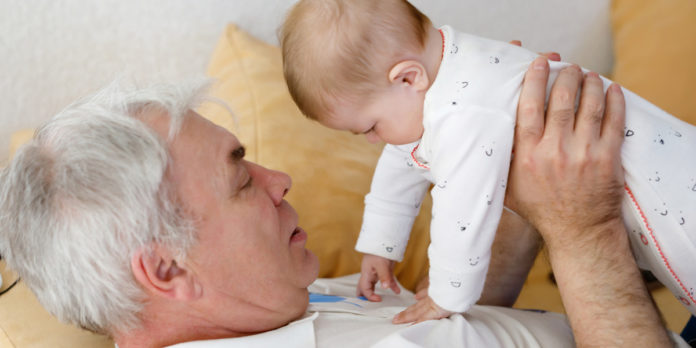
Grandmothers deserve more recognition for their role as caregivers and some are at risk of being overburdened, according to a report from the Australian Longitudinal Study on Women’s Health.
The University of Queensland and University of Newcastle(UON) study found 60 per cent of women in their mid-sixties and 12 per cent of women in their late eighties provided regular, unpaid childcare for their grandchildren.
Study Director at UON and Hunter Medical Research Institute, Professor Julie Byles said the work done by grandmothers goes unrecognised.
“Estimates of economic impact tend to narrowly define informal caregiving as looking after the ill, disabled or frail and don’t include childcare,” Dr Byles said.
“It was surprising to see how many women cared for their grandchildren on top of their own work commitments.
“More than half of the women providing unpaid, daily care for their grandchildren were employed, with 23 per cent working full-time jobs.”
Deputy Director Associate Professor Leigh Tooth from UQ said an overwhelming 90 per cent of grandmothers reported that they were happy with their share of child-minding duties.
“The report also found grandmothers providing childcare were generally in good health, especially as they aged.
“Their self-rated health was higher than non-carers and women providing care for another adult they lived with.
“They made fewer GP visits, and reported lower levels of anxiety and depression.”
However, Dr Tooth cautions against overburdening grandmothers.
“Roughly one in four women in their sixties are part of the sandwich generation, providing care for a grandchild as well as an adult who is ill, disabled or frail,” she said.
“When these women cared for a grandchild and another adult, they were more likely to be depressed, have higher levels of stress and make more visits to the GP.”
Dr Byles said it was important to note that as caring roles extended well into later life, older women in their seventies and eighties may be providing care while also needing care and assistance themselves.
The report, From child care to elder care: Findings from the Australian Longitudinal Study on Women’s Health, was prepared for the Australian Government Department of Health.
(Source: The University of Queensland)









